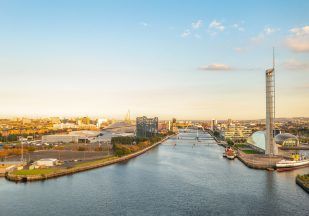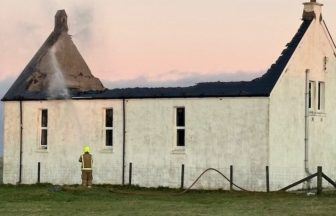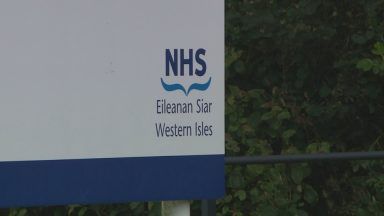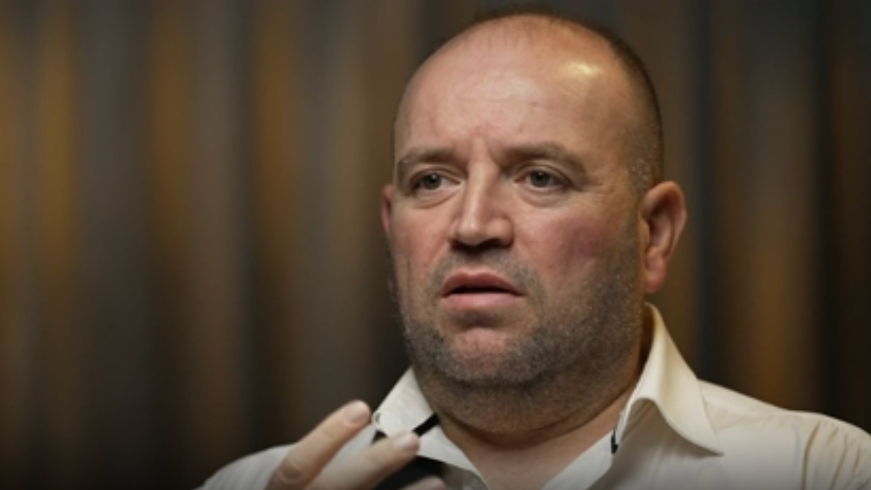Highland Council has unveiled plans to invest £2bn in schools and roads over the next 20 years.
Chiefs said it would mean higher council tax bills but it is also pledging to generate extra income.
The process will be kickstarted by using £2.8m from the current budget for what is categorised as “priority work”.
It comes as local authorities face mounting financial pressures – with figures suggesting the cumulative debt for Scotland’s 32 local authorities was £21.8bn in March 2023.
This was a 6.1% increase, or £1.25bn higher, on the previous year.
In March, finance secretary Shona Robison agreed to hand local authorities an extra £62.7m after local leaders said the cash to fund a council tax freeze was not enough.
Chiefs spelled out their vision at a news conference in Inverness.
Highland Council convener Bill Lobban said: “There’s very little money that’s going to be coming from either central government, either in Holyrood or in Westminster.
“So, the people of the Highlands deserve this level of investment.”
The council is promising £808m to strengthen existing capital spending commitments.
It has pledged to improve roads, schools, and health & social care facilities not under the wing of NHS Highland.
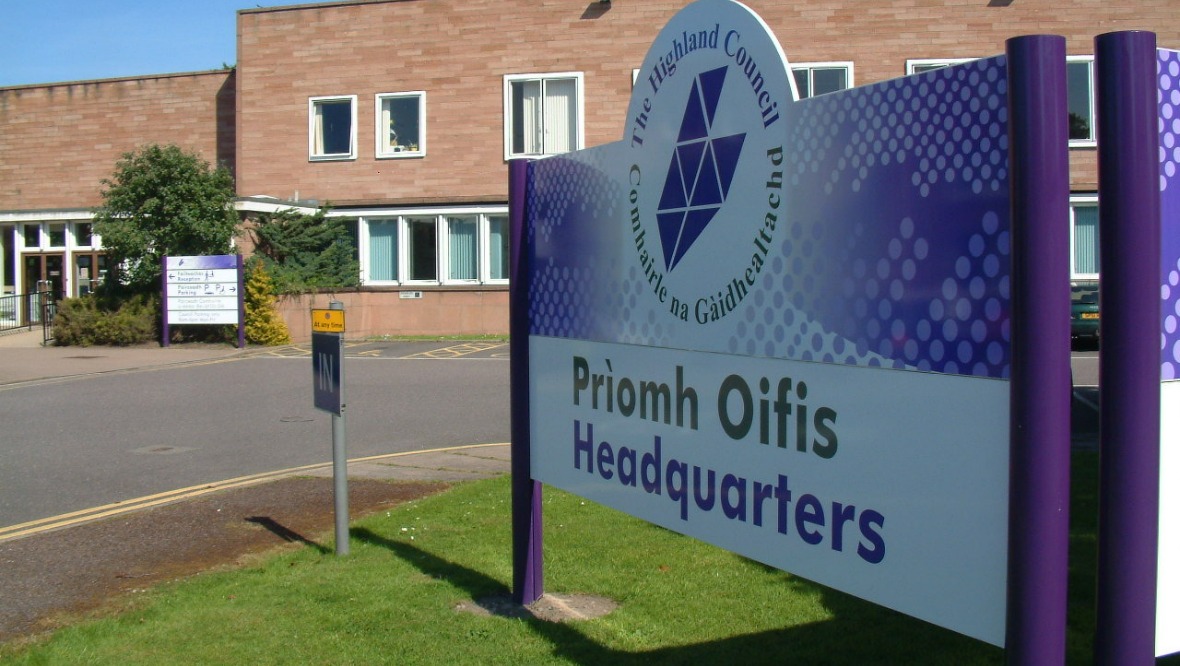 LDRS
LDRSIt is also promising to improve infrastructure, including flood prevention and harbours as well as recycling, bereavement and leisure services.
Around 2% of future council tax would be ringfenced each year and there is talk of borrowing but capped at 10% of the revenue budget.
The first tranche of investment would improve a third of the region’s secondary schools, benefiting more than 4,000 pupils.
While celebrating the second lowest council tax in Scotland, they accept it would need to rise by an indicative £30 a year for band D homes.
The lion’s share of the wish list money would, however, come from generating additional investment, according to administration leaders.
Council leader Raymond Bremner said: “The money that we’re looking to raise through council tax and through any other initiatives that come forward can look to be invested into income generating schemes. That, then, would take the pressure off actually having to look at things like council tax.
“That’s a really important point – creating revenue, producing schemes for the Highlands.”
Long-term spending programmes are not new.
Highland councillors have frequently attempted to plan ahead three or five years, only to be derailed by world events such as the financial crash of 2008 and fallout from the pandemic.
The plan is expected to be approved at a full council meeting in Inverness next week.
Follow STV News on WhatsApp
Scan the QR code on your mobile device for all the latest news from around the country










